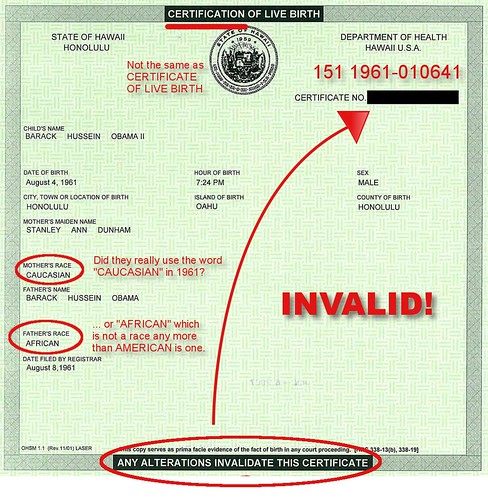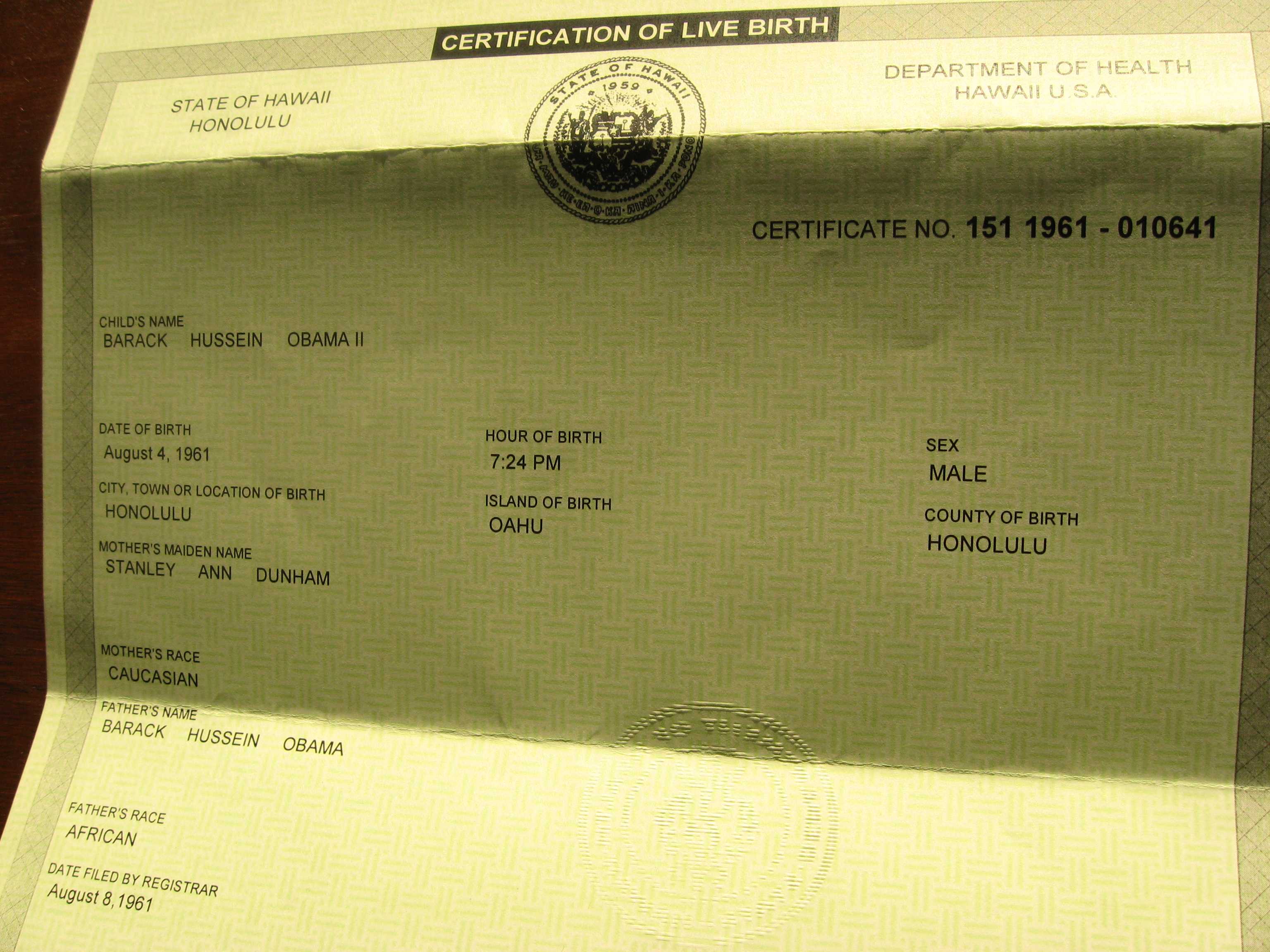
This is Dr. Ronald Jay Polland. He received a BA in Psychology from Florida State University in 1970, a Masters in Educational Research from FSU in 1972, and a Doctorate in Instructional Systems from FSU in 1978. His curriculum vitae lists the other accomplishments he finds noteworthy. He holds himself out as an expert on surveys and market research.
As of a few years ago, he worked in the Office of Institutional Research at the University of North Florida, where he helped conduct surveys and generate statistical reports. For instance, he wrote this Satisfaction Survey of A & P Employees. Polland is not currently listed as being on staff with that office, and it is unclear what his current occupation is.
However, surveys and statistical reports are not the only aspect of his life. He is the "President and Founder of Dr. RJP Consulting, an international consulting firm," begun in 1989. Polland's previous corporation, Innovative Systems, Inc., was involuntarily dissolved by the state of Florida in 1988.
Polland also has deemed himself an expert on dating. As he writes on his MySpace page, he is an "Expert advisor on relationships, romance and .. dating," and describes himself as "a psychologist by training who has devoted part of his life to helping others with questions and issues related to .. relationships, romance and dating."
He writes the following about how he came to find and recognize this expertise:
"His interest and research into Internet dating began in 1995, the year following the end of his 23-year marriage. His search for a woman to date also brought him into contact with many others who had previously used the Internet to find romance. From his own experience and the experience of others, he noted that both men and women often misrepresented themselves on the Internet. He found that people often lied about their age, looks, background, and occupations to others they met online."
With its talk of online misrepresentation, I imagine this passage is more autobiographically ironic than it was perhaps intended to be. Because if you have not realized it yet:
Ron Polland is Ron Polarik.
As you can see, Polland/Polarik does have the educational degrees he named in his anonymous declaration. He does not hold the other degrees he has claimed: a Masters in Statistics, a Masters in Experimental Psychology, and a Doctorate in Experimental Psychology. Additionally, the proper title for his doctorate is Instructional Systems, not Instructional Media.
It is, perhaps, ironic that the one and only time Polarik accurately named and represented his degrees was in a document that he refused to sign either his real name OR his online pseudonym to.
Also, despite specific (yet contradicted) claims that he was writing under his real last name, or that "I never said that Polarik was a pseudonym," it can now be firmly acknowledged that 'Polarik' is not his real name. Which is, of course, in agreement with the other occasions when he did say that 'Polarik' was a pseudonym.
Given Polarik's history, I fully expect him to respond to this revelation by trying to direct attention to the discrete details he's given that weren't lies. The degrees that he does have, as opposed to the ones he made up, or the false insinuations of technical expertise that he tried to draw from his educational resume. If he addresses his naming at all, I expect him to attempt to convince people that a mere history of misrepresentation shouldn't make him untrustworthy. That people shouldn't doubt his expertise in computers and scanners simply because he's not actually an expert in those things.
Because as is readily evident from his C.V., his education, and his work history, Polland/Polarik has no discernible expertise in computer forensics, digital imagery, or document examination.
I feel I should repeat that with emphasis: Ron Polland/Ron Polarik has no discernible expertise in computer forensics, digital imagery, or document examination.
His trade is in statistics and surveys. He has no degrees relating to computers or technology. He is not a computer expert; he has used computers. He is not a scanner expert; he has used scanners. At best, he is an amateur photography buff. He may have a doctorate, true, but it is in a field wholly unrelated to computer technology. Just see Florida State University's program profile. Even had he signed his real name to his 'XXXXXXXXX' declaration, he still would not have qualified as an expert in the field in which he was attempting to provide expert testimony. Polland would never survive a Daubert challenge, and any lawyer would be foolish to attempt to pass him off as an expert on these matters.
Thus, when Polarik was identified by Phil Berg as one of "three (3) Document Forensic Experts", this was a gross misrepresentation. A gross misrepresentation that Polland must not have minded, as he had his reports posted on Berg's website, without any comment or correction.
Contrast this lack of technological expertise with the credentials of one of his leading critics, Dr. Neal Krawetz. Krawetz holds a Bachelor's in Computer and Information Science, and a doctorate in Computer Science. His specialities are in computer security, software development, and computer forensics. Krawetz has given presentations on how digital images can be manipulated.
And what was Polland's response to this critic who has immensely more education and expertise with computers and digital forensics than himself? "[Krawetz is] a charlatan who falsely used his credentials to fool others into thinking that he is more than qualified to critique my research;" "He doesn't know what scanners can or cannot do;" and "I can say, flat-out, that Krawetz does not have anything close to the research skills I have."
Admittedly, Polland is correct on that last point; Krawetz does not have skills that are comparable to Polland's. Krawetz's relevant skills are far, far superior to Polland's. I refer any and all interested readers to Krawetz's criticism of Polarik's 'research'.
If all of this sounds comparable to the TechDude incident from last year, that's because it is. TechDude passed himself off as an expert in a field where he had no such expertise, declared that he'd made a bunch of stunning discoveries, a lot of people bought into his armchair 'forensic research,' and he was eventually exposed as a phony. They both even doctored their evidence. The reason why Polarik defended TechDude right up until the day he was exposed as a fraud was that Polland simply lacked the expertise to recognize TechDude's errors. Errors that Neal Krawetz, incidentally, did not miss.
The key difference between Polarik and TechDude is that TechDude only managed to pull off his charade for a month. Whereas Polland has managed to stretch his out for over a year.
Don't let him continue it any longer.










